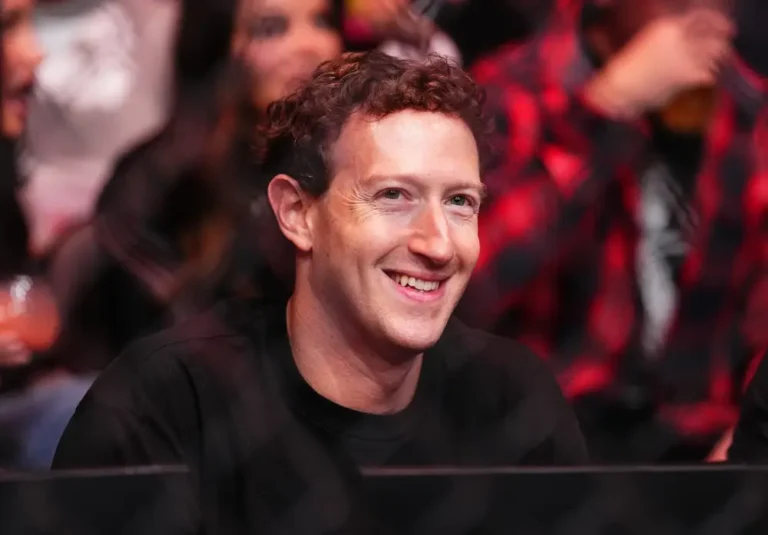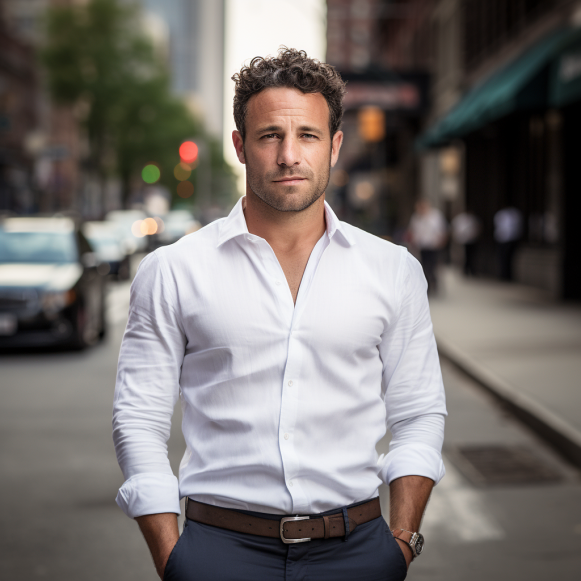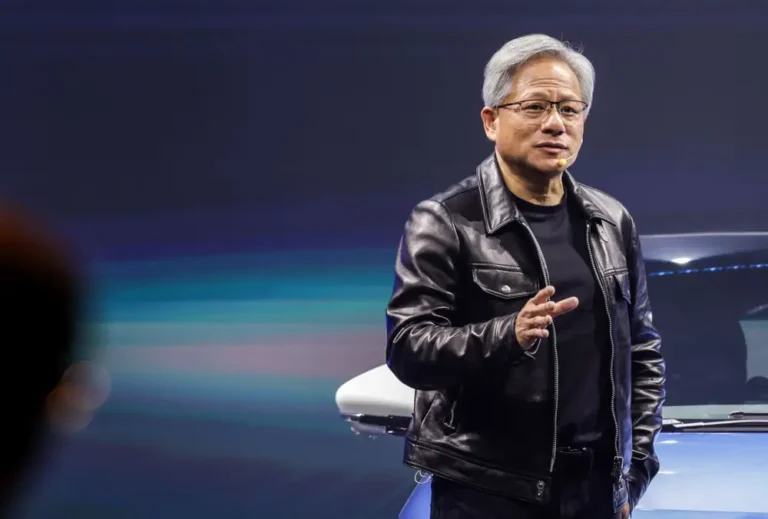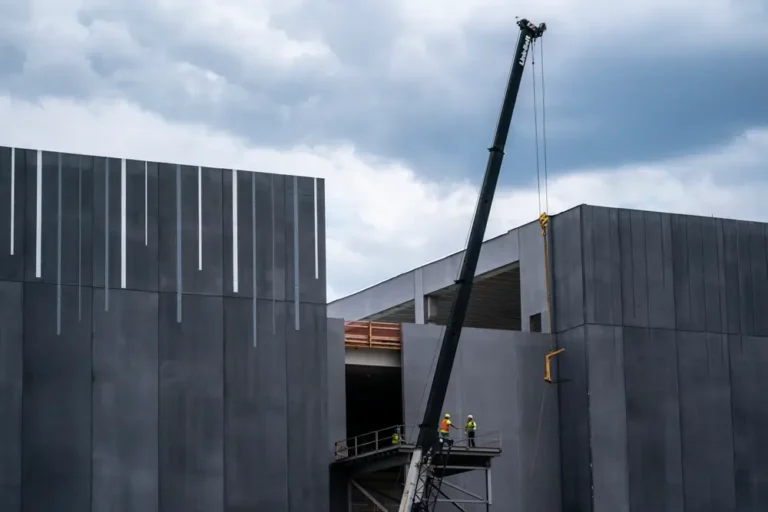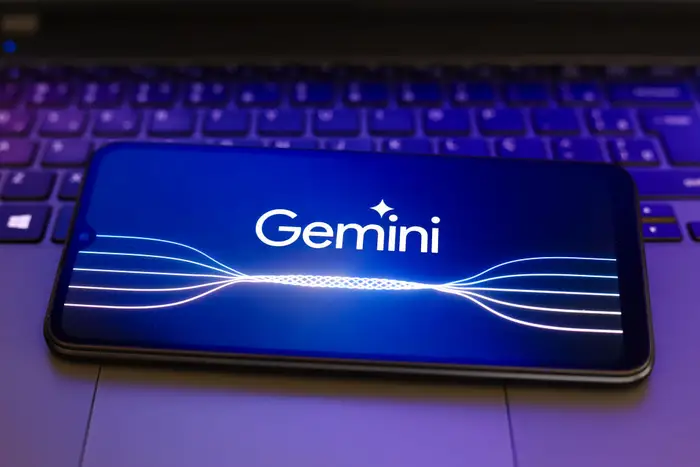As Instacart goes public, it’s no victory lap for founder Apoorva Mehta

- Apoorva Mehta co-founded the grocery delivery app in 2012 after twenty failed startup attempts.
- The company is going public today at an expected valuation of $9.9 billion, down from $39 billion at its peak.
- Mehta stepped down as CEO in 2021 and will leave the company’s board today as it completes its IPO.
For most startup founders, the day of an IPO is a victory lap, a crowning achievement at the end of a long and arduous road, and a final public validation that they tilted at windmills and won. Apoorva Mehta, who founded grocery delivery app Instacart at the age of 26, says the company’s trading debut later today will make him rich, but it will also mark the end of his tenure at the company he calls his “life’s work.”
Following a contentious dispute with some of the company’s largest investors, Mehta was fired as CEO of Instacart in July 2021. He remained as executive chairman of the board, but announced in the summer of 2022 that he would resign once the company went public.
So, when the company’s IPO is completed later today, raising $660 million at a valuation of $9.9 billion, Mehta will personally walk away with at least $21 million and a 10% stake in the company worth $869 million. Simultaneously, he will bid farewell to “the one thing [he has] thought about for every waking minute of the last decade.”
From No Frills to Safeway
Mehta was born in India and moved to Libya with his family before settling in Hamilton, Ontario, a small city outside of Toronto. His mother, a schoolteacher, would frequently send him to No Frills to get groceries, a chore he despised. Years later, Mehta’s memories of waiting for the bus in Ontario’s subarctic winters, plastic grocery bags digging into his hands, would serve as the foundation for Instacart’s aha moment.
Mehta went on to study electrical engineering at the University of Waterloo and then worked as a software engineer at Amazon after graduating.
“To be honest, I loved it,” Mehta told NPR in 2017. “I wasn’t even sure why they were even paying me.” However, after two years, Mehta felt he was no longer growing or being challenged. He began attending Seattle tech meetups and eventually attended a talk given by Bing Gordon, a former executive at Electronic Arts and a partner at venture firm Kleiner Perkins.
“I remember sort of listening to this talk, and they could have been talking in Hebrew for all it mattered,” Mehta said, adding that he had no idea what Gordon was talking about, mistaking the phrase “enterprise startup” for the car rental company.
But he was determined to learn, so he quit his job at Amazon in 2010 and moved to San Francisco, where he slept on a friend’s couch and began building app and website prototypes. During that time, he claims to have started 20 failed businesses. In one case, he claims to have raised a million dollars in venture capital to build a social network for lawyers, but abandoned it after a year, telling his investors that “my heart’s not in it.”
“I remember this being a pretty low point in my life,” Mehta recalls, “when I was like, well, am I even cut out to be an entrepreneur at all?”
After a few months of moping, he remembered those agonizing trips to the No Frills, and the idea for Instacart, an app that would bring the grocery shopping experience into the twenty-first century, was born.
He created the first version of the site in a few weeks in 2012 by scraping the website of the grocery chain Safeway. Initially, he did all of his own shopping: orders would come in, he’d dash down to the store, and drive the bags of food to his customers’ doors.
As the app gained traction, Mehta advertised on Craigslist for shoppers to do his grocery shopping for him. With his bank account nearing zero, he realized he would need outside capital to continue growing this business, and he set his sights on Y Combinator, the valley’s most prestigious incubator.
But he’d missed the application deadline by two months and was told by multiple YC partners, including Garry Tan, that getting his company in would be impossible.
“As I reflected on this final rejection, I realized that no one had yet seen my product in action,” Mehta wrote in a TechCrunch post in 2012. So he used his app to send Tan a six-pack of beer to YC’s headquarters. “Garry called me half an hour later. “What exactly is this?” Garry inquired. “This is Instacart!” I yelled. Mehta landed an interview with the YC partners as a result of the stunt, during which he persuaded the incubator to become Instacart’s first investor.
‘A thermonuclear bomb’ for the food industry
Over the next five years, the company would raise funds from some of the most prominent venture capital firms, including Sequoia Capital, Andreessen Horowitz, and Khosla Ventures. By 2017, the company was worth more than $3 billion, propelling Mehta to the 31st spot on Forbes’ list of the richest people under the age of 40.
That same year, many predicted Instacart’s demise when Amazon, its main competitor, acquired Whole Foods, its largest customer.
On an early morning call, Whole Foods reportedly informed Mehta and another Instacart executive of the news. Rather than being discouraged, the two exchanged thumbs-up emojis. “That morning in San Francisco, he stood in front of Instacart’s 300 employees and told them it was time to go to war,” Forbes wrote in 2017.
Over the next few months, Instacart struck lucrative new deals with Costco and Kroger, and it appeared to be stronger than ever. “It was really like a thermonuclear bomb against the entire grocery industry,” Mehta said of the Amazon acquisition, adding that “when we look back, that may have been a turning point for Instacart.”
However, the true tipping point occurred during the pandemic, when the entire world was forced indoors, resulting in an unprecedented gold rush for delivery apps. Instacart’s sales increased by more than 300% year over year, and the company was valued at $39 billion at its peak.
Around this time, some of Instacart’s investors, including Sequoia Capital’s Mike Moritz, reportedly began pushing for the company to go public in order to capitalize on the inflated valuation, setting the stage for a messy feud between Mehta and some of his most important backers. Aside from disagreements about going public, some investors were said to be concerned about his chaotic management style and high executive turnover. At one point, it appears that tensions were so high that Sequoia polled fellow investors about firing Mehta.
Though Mehta resisted some attempts to depose him and eventually succeeded in delaying an IPO (a move that most likely cost shareholders billions of dollars), it appears to have been a Pyrrhic victory.He stepped down as CEO in 2021, citing burnout at the time, and was replaced by Facebook alum Fidji Simo.
Simo has since expanded Instacart’s business into digital advertising. While the company was profitable in the first half of 2023, it is unlikely that it will return to the explosive growth it experienced during the pandemic. This has left Instacart with a valuation that is only about a quarter of what it was at its peak, potentially leaving some investors out of pocket.
Mehta’s next performance
Mehta has stated that he is stepping down as chairman of the Instacart board of directors to pursue a new mission. Sunrise, a platform for streamlining the process of getting prescription weight loss drugs like Ozempic that received a $30 million investment led by Thrive Capital in 2022, appeared to be that new mission for a time. Mehta founded the company in late 2022 with his friend Tejasvi “Tej” Singh, who was living in Mehta’s $6 million Marin County home at the time and had previously worked with disgraced FTX Founder Sam Bankman-Fried on a failed NFT project, according to legal filings.
Sunrise is now embroiled in a lawsuit filed by competitor NextMed, who claims that Sunrise is a forgery built with stolen trade secrets. The lawsuit provided an unusual glimpse into the inner workings of a Silicon Valley startup.
It claims that Singh falsely claimed to be working for a venture capital fund conducting due diligence on NextMed, while Mehta claimed to be interested in forming a separate company with the company’s CEO in order to gain access to NextMed’s proprietary information, such as its Stripe account, customer data, and go-to-market strategy. “Mehta saw an opportunity to cheat his way to the top of a flourishing industry,” according to the lawsuit.
In a sworn affidavit, Mehta denies stealing any trade secrets and says he has severed ties with Singh. However, in court filings, NextMed presented evidence demonstrating striking similarities between the two companies’ websites and advertisements, including code that appeared to be lifted directly from NextMed’s website.
The lawsuit was settled in February 2023 on unspecified terms, and both websites remain operational. However, Mehta has been noticeably less vocal about his new project in recent months, and it is unclear what his future involvement in the company will be.
So, on what should have been a day of unqualified success for one of Silicon Valley’s most prominent founders, he finds himself estranged from the company he spent a decade building, with a pocket full of cash and a fledgling startup that’s already been the subject of litigation. It’s difficult to predict Apoorva Mehta’s second act.

